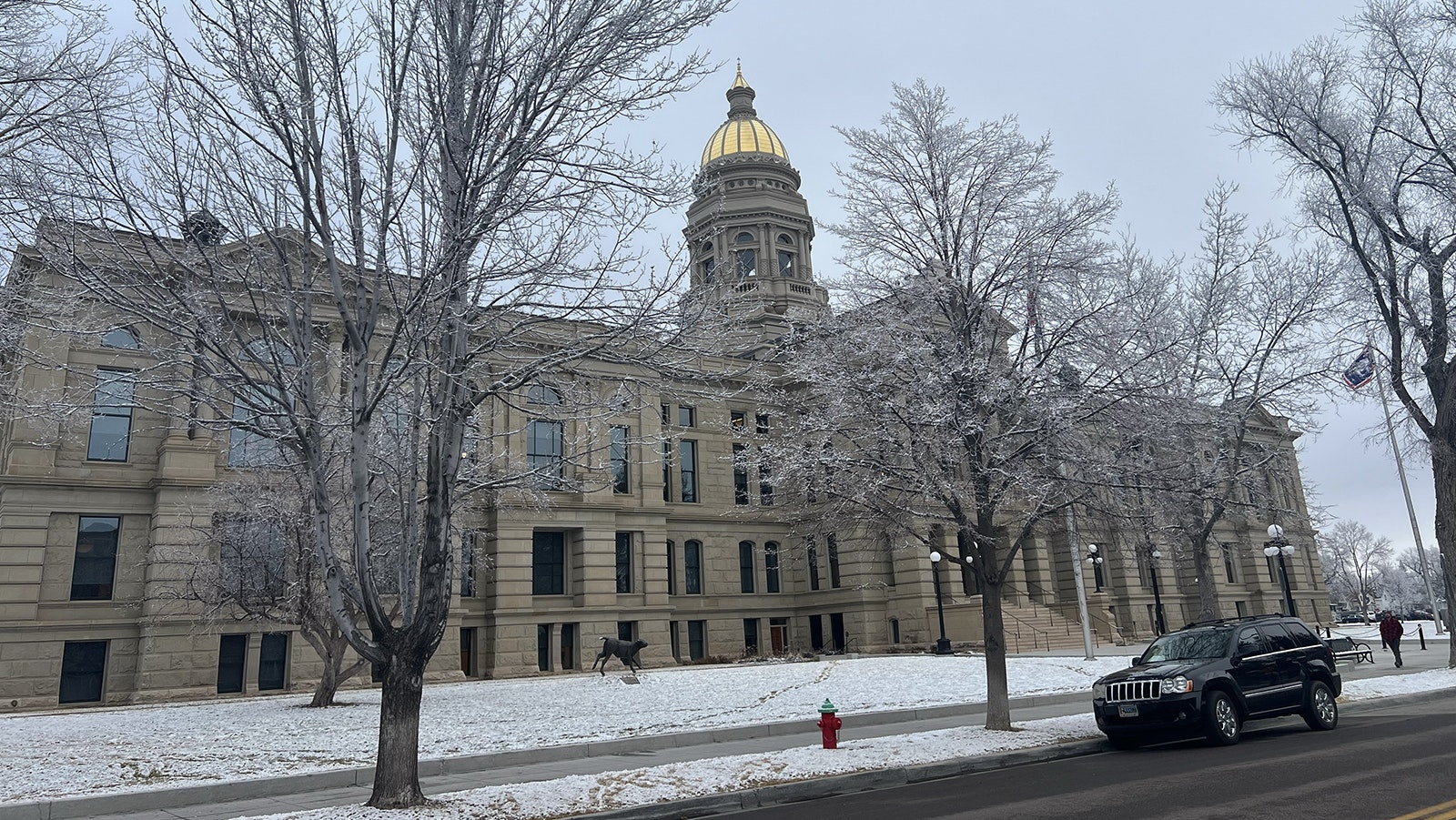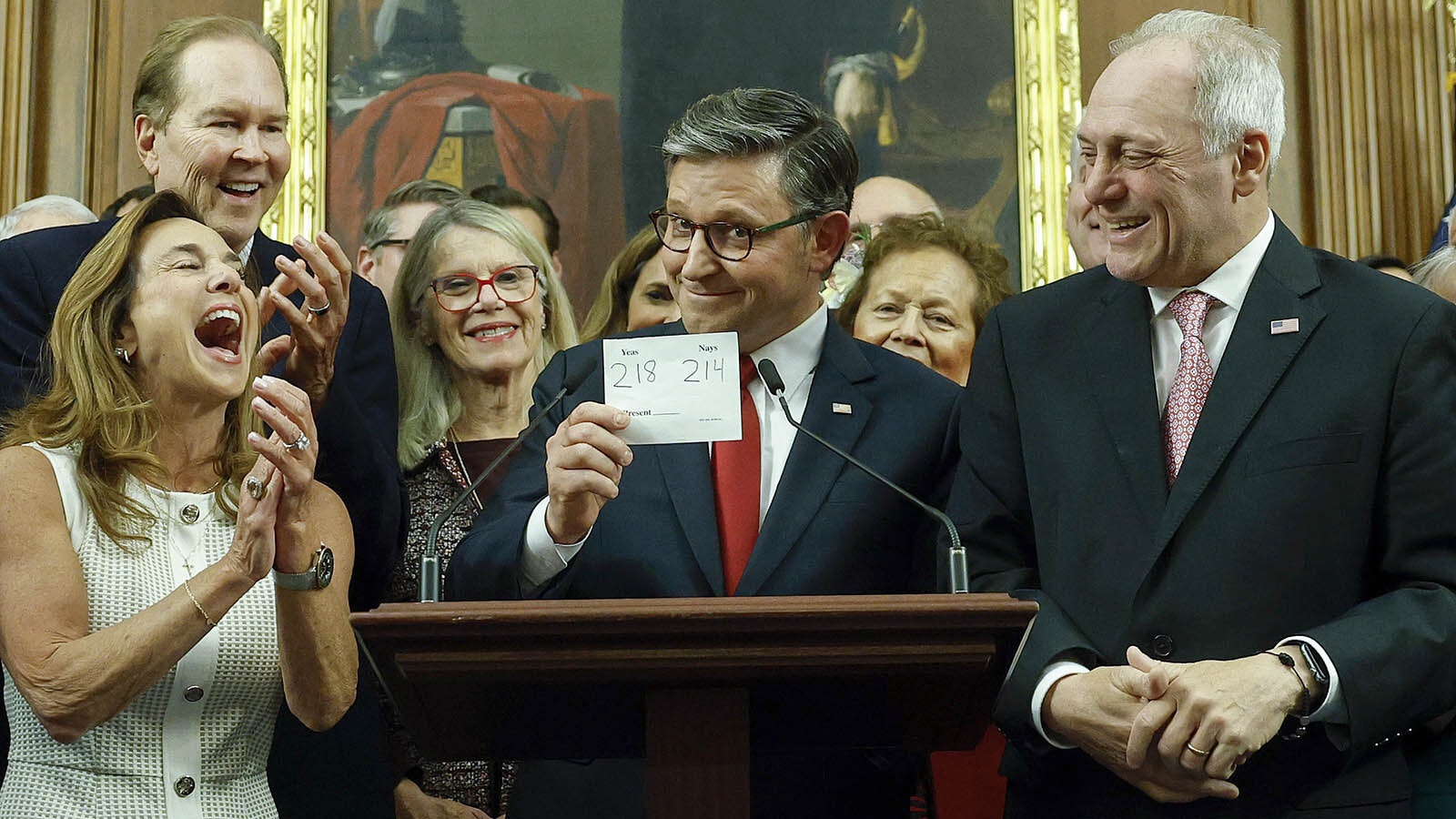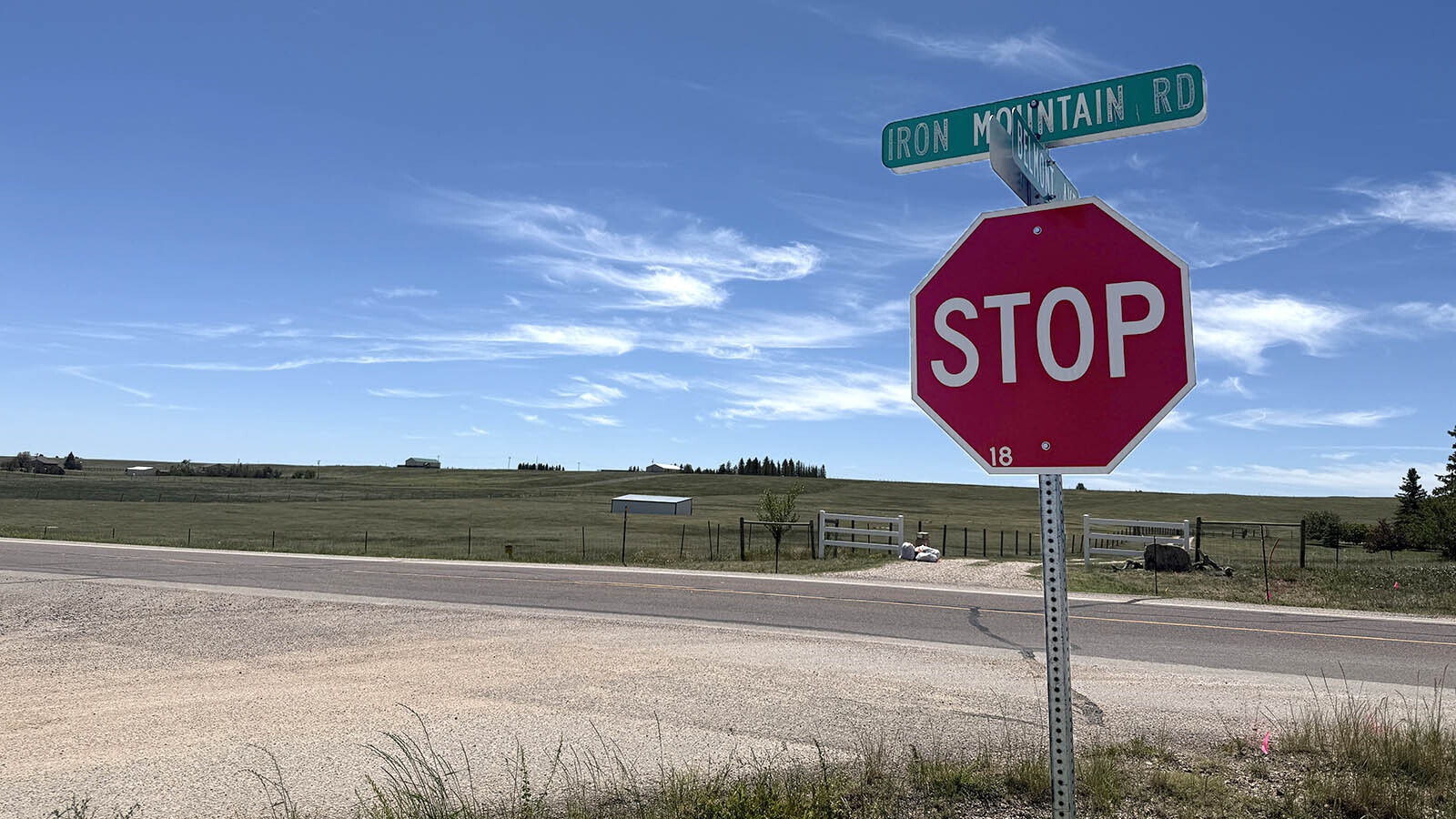State legislators will be faced with a number of budgetary decisions in the upcoming 2024 legislative session, but few will be larger than deciding what level of financial support the Wyoming Department of Health should receive.
The Department of Health’s budget is one of the biggest gorillas in the room when it comes to Wyoming’s overall funding picture because it has one of the largest biennial budgets for a state agency at $2 billion, making up roughly 22% of Gov. Mark Gordon’s overall $9.9 billion proposed budget.
The Legislature made around $65 million in cuts to the state Health Department in 2021. This was accompanied by $49 million in federal funding cuts for a total loss of around $116 million.
The blow could have been much worse to Medicaid and behavioral health programs, but through saving money and other budgetary maneuvers, the state was able to carry over more than $90 million and preserve some of the department’s allotted funding. The use of American Rescue Plan Act money in 2022 further helped the state stave off cuts, but now that source of funding is coming to an end.
In short, after performing budgetary gymnastics over the last few years, the Wyoming Department of Health is staring at the possibility of some massive cuts without the help of the Legislature. Shoring up these finances will make up the heart of budgetary decisions this next legislative session, said Department of Health Director Stefan Johansson.
“Using one-time funding, we will have to revisit these issues,” he said.
State Sen. Tara Nethercott, R-Cheyenne, said she supports returning the Department of Health to its funding levels prior to the cuts in 2021. She mentioned how vulnerable adults and people in home health care were negatively affected by the reduced spending.
“For the people of Wyoming, we saw an immediate effect,” she said.
Sen. Anthony Bouchard, R-Cheyenne, has sat on the Senate Labor Health and Social Services committee for about six years. He opposes the proposed budget requests and believes that the Department of Health’s funding levels are not sustainable in the long term and place too much dependence on federal assistance.
“We have no guarantee the money will continue to come out of the federal government to pay for it,” he said.
What Will It Ask For?
The department is requesting a $121 million bump in its general fund request, putting it at around $7 million more than its previous level of funding before the cuts were made. Gordon has recommended a smaller allocation of $101 million.
Johansson said there are no hard feelings about the governor’s smaller recommendation and that Gordon is still prioritizing avoiding making cuts to community mental health centers and funding for the developmentally disabled.
Nate Martin, executive director of health advocacy group Better Wyoming, said cutting the budget for the Department of Health would impact these types of entities the most.
Martin, a lifetime resident of Wyoming, said surveys his organization has conducted has shown that residents believe their health care is getting worse and want better services.
“It’s never been great, but I think people are becoming increasingly concerned about this.” he said.
From the department’s request:
- $43.7 million will be devoted to replacing the one-time savings that were used over the last few years.
- Another $47 million is being labeled as a “mandatory request” to support various programs deemed essential and/or provide financial incentive for Wyoming to participate in from the federal government.
- Another $23.3 million will be devoted to maintaining funding that was supported in the past through various saving and offset measures.
- This leaves $7.4 million in new services that the department is requesting funding for.
Bouchard said the real problem is that the Department of Health’s budget continues to grow. He worries that Wyoming will fall off a fiscal cliff in the near future and be forced to respond with increased taxes. This, he believes, would result in a mass exodus of people from the state.
Sen. Mike Gierau, D-Jackson, said he supports restoring the department’s funding and said he looks at it from a small business perspective.
For every dollar the state invests in early childhood education, he said it will save money down the road. He also doesn’t believe that the state government in Wyoming has grown, citing the fact that the state had 400 more employees around 10 years ago.
“You identify problems and challenges earlier and correct it before it becomes a bigger problem that we have to save the state from later,” Gierau said.
988 Services
One of the new funding additions include adding text and chat support services to the state’s 988 suicide call centers.
The state has two 24/7 call centers that are set up to help Wyoming residents who seek help for suicidal idealations. Gordon has joined the department in advocating for a $774,270 expansion of the 988 suicide prevention program that would make it a $1.7 million program.
Some lawmakers have criticized and questioned the effectiveness of this program. Gierau said he agrees to the extent that the performance of every state department should be audited.
Johansson said the early data from these call centers show that they have been a success. Staffed by Wyoming residents, the centers field calls on average within seconds, rather than the response times of nationally based call centers that sometimes take dozens of minutes for staff to pick up the line.
He also pointed to some early signs showing that the state’s suicide rate appears to be flattening for the first time in about two decades. This year, Wyoming’s suicide rate wasn’t the highest in the nation for the first time in a few years.
“It is a canary in the coal mine that hopefully shows us we’re on the right track,” Johansson said. “Some of that early data do show this is something worth funding.”
Johansson said the decision to put any money in the state’s 988 trust fund that now has a zero balance would have to come from the Legislature.
Another funding boost would provide tuition reimbursement for certified nursing assistants to become nurses in Wyoming.
“Hopefully over time, building our workforce at the facilities and being able to operate at full capacity” is the result, Johansson said.
Pushback
The Legislature has shifted more to the right politically since the cuts were initiated in 2021. But the current Legislature has shown a certain propensity toward making certain spending investments.
The far-right wing of the Republican Party will need some convincing to get behind the department’s budgetary requests. Some may see the budgetary requests as a massive increase when compared to previous cuts. Others have generally criticized the government’s role in participating in public health.
During a Riverton town hall in October, Rep. Sarah Penn, R-Riverton, another member of the Health Committee, criticized the state’s level of spending.
Convincing legislators of where the department’s funding goes will be one of the biggest priorities of the upcoming session, Johannson said.
Bouchard cited how more than $220 million of the department’s budget goes toward personnel costs for their 1,440 employees.
Johansson countered that more than 90% of the department’s budget goes toward reimbursing health care providers that include local hospitals, small businesses, nursing homes and home health providers.
“When the Department of Health makes cuts, it's just really significantly felt across the state,” Johansson said.
Leo Wolfson can be reached at leo@cowboystatedaily.com.





